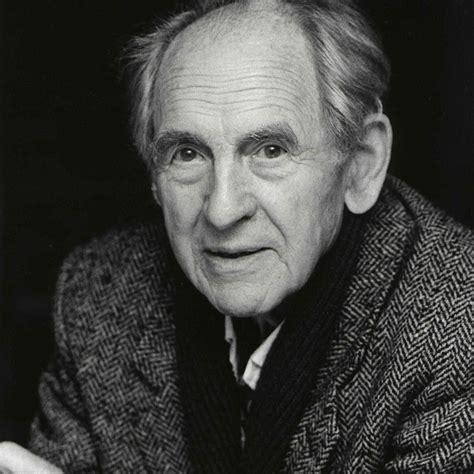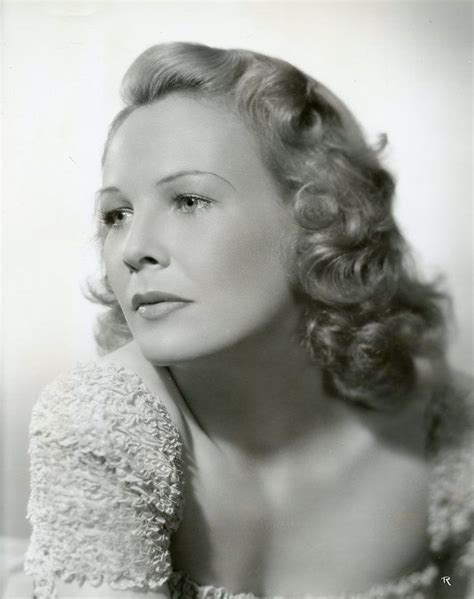A Quote by Saul Alinsky
If people don't think they have the power to solve their problems, they won't even think about how to solve them.
Related Quotes
When people come to you with problems or challenges, don't automatically solve them. As a mama bear, you want to take care of your cubs, so you tend to be protective and insulate them against all those things. But if you keep solving problems for your people, they don't learn how to actually solve problems for themselves, and it doesn't scale. Make sure that when people come in with challenges and problems, the first thing you're doing is actually putting it back to them and saying: "What do you think we should do about it? How do you think we should approach this?".
We are more than our problems. Even if our problem is our own behavior, the problem is not who we are-it's what we did. It's okay to have problems. It's okay to talk about problems-at appropriate times, and with safe people. It's okay to solve problems. And we're okay, even when we have, or someone we love has a problem. We don't have to forfeit our personal power or our self-esteem. We have solved exactly the problems we've needed to solve to become who we are.
Teaching and writing, really, they support and nourish each other, and they foster good thinking. Because when you show up in the classroom, you may have on the mantle of authority, but in fact, you're just a writer helping other writers think through their problems. Your experience with the problems you've tried to solve comes into play in how you try to teach them to solve their problems.
And I've come to the place where I believe that there's no way to solve these problems, these issues - there's nothing that we can do that will solve the problems that we have and keep the peace, unless we solve it through God, unless we solve it in being our highest self. And that's a pretty tall order.
A lot of people don't understand what feminism is. They think it is about advance and success for women, but it's not that at all. It is about power for the female left. And they have this, I think, ridiculous idea that American women are oppressed by the patriarchy and we need laws and government to solve our problems for us.
How hard is it to build an intelligent machine? I don't think it's so hard, but that's my opinion, and I've written two books on how I think one should do it. The basic idea I promote is that you mustn't look for a magic bullet. You mustn't look for one wonderful way to solve all problems. Instead you want to look for 20 or 30 ways to solve different kinds of problems. And to build some kind of higher administrative device that figures out what kind of problem you have and what method to use.






































